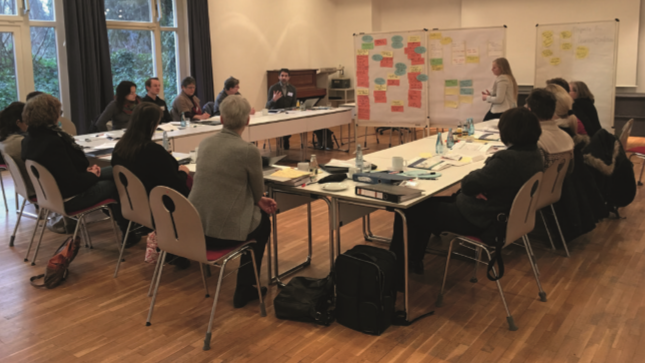Month: October 2017
-

From 17 to 5: a backcasting strategy
Jonathon Porritt: If you can do something forever, it’s sustainable and if you can’t then it isn’t! During the Rethink Activism event in Aarhus in September I took part in an interesting backcasting exercise facilitated by a consortium of voluntary organisations that are willing to come out to businesses to facilitate this session.
-
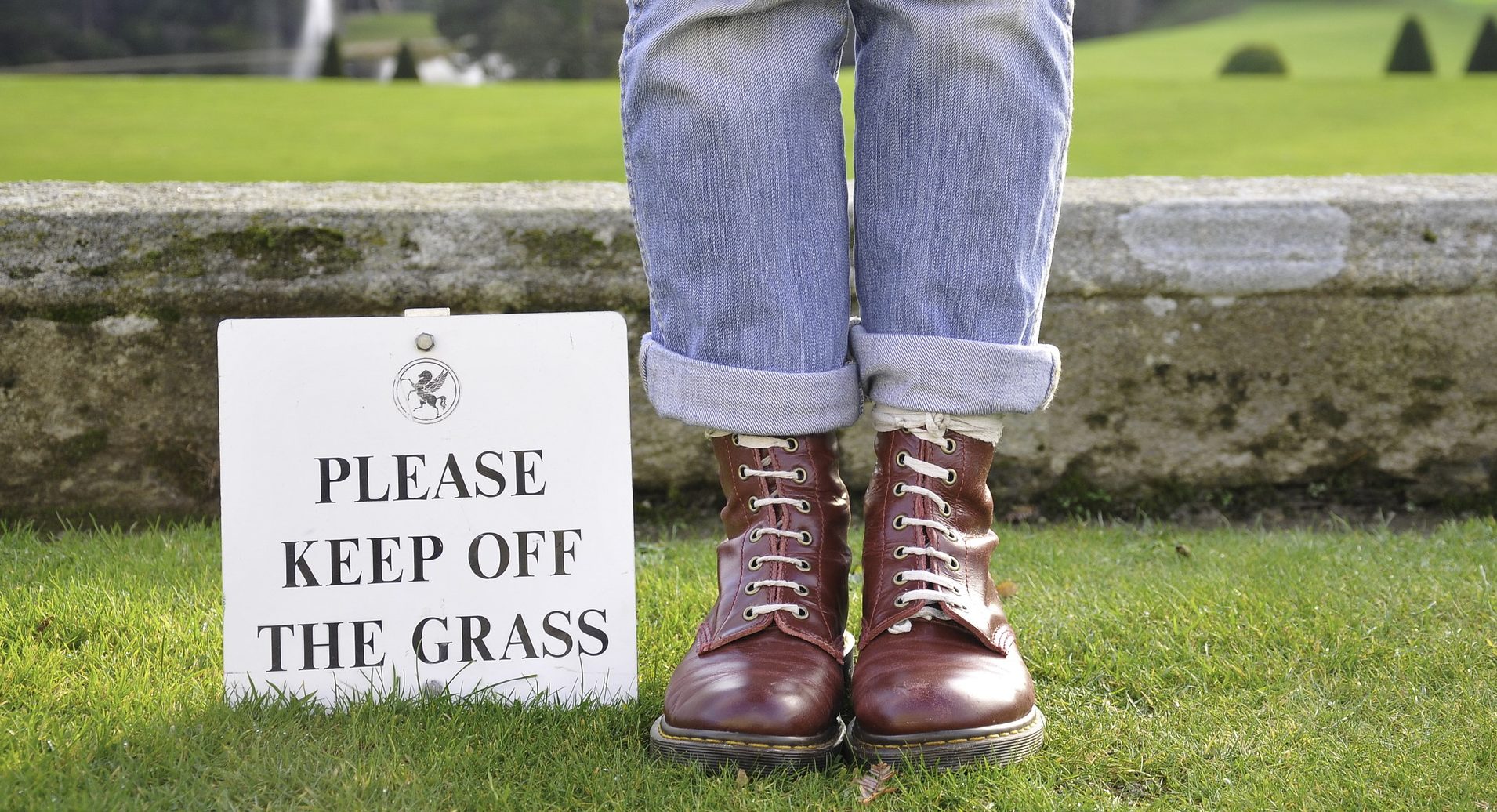
Transgressive learning
A key theme of the Education for Sustainable Development seminar in Copenhagen in October was the idea of transgressive learning or transgressive actions. The verb to transgress has many negative associations for me. I see it as part of the discourse of sinning in religion for example. So the idea of encouraging transgression seemed problematic.…
-
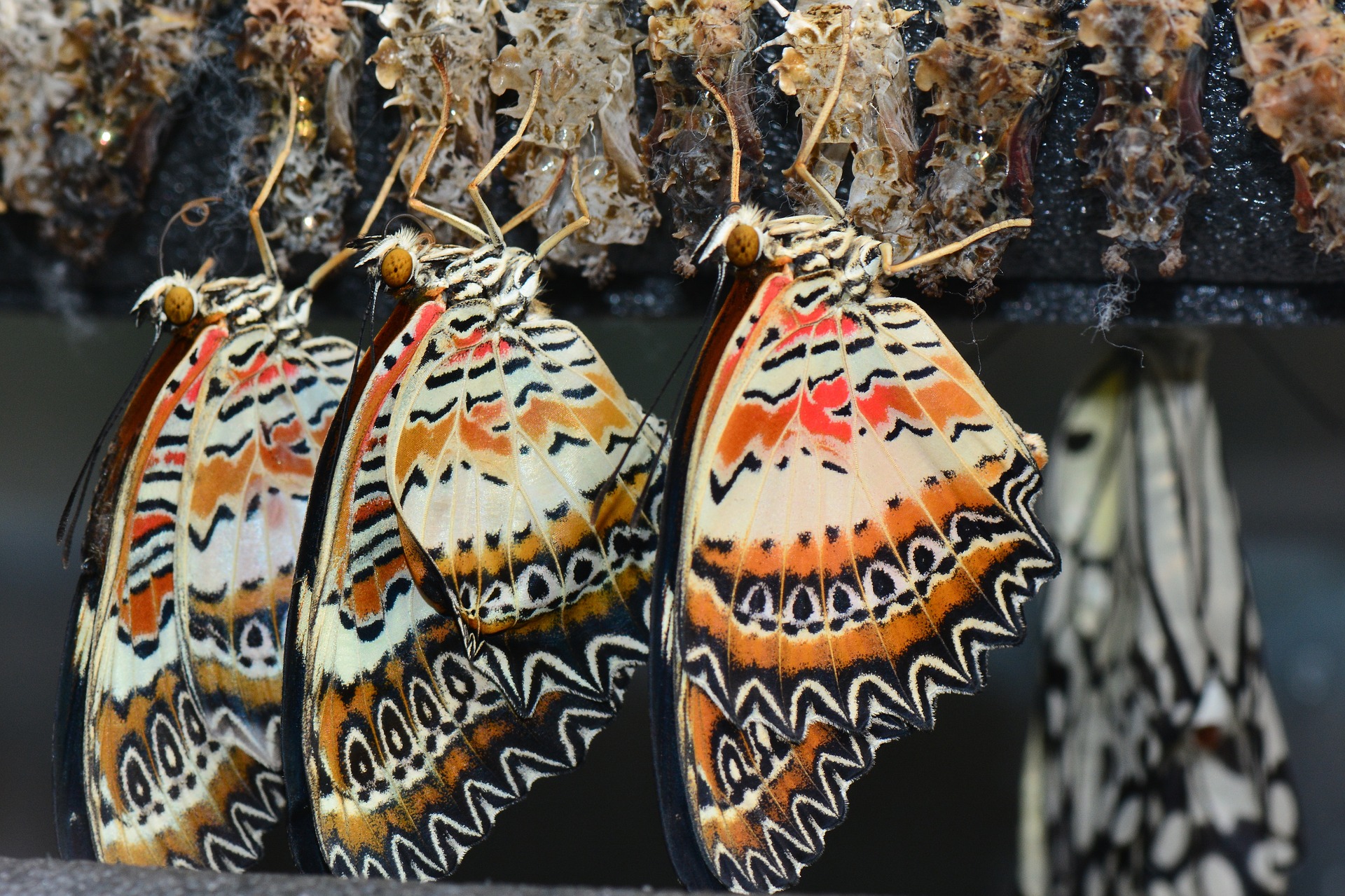
Can online learning be transformative?
In the previous post I concluded that Education for Sustainability had to be transformative in order to be effective. In the Prof E Sus project we have planned a blended learning solution with two weeks of face to face training punctuated by 12 weeks of online learning. Can online learning be transformative? I would argue…
-
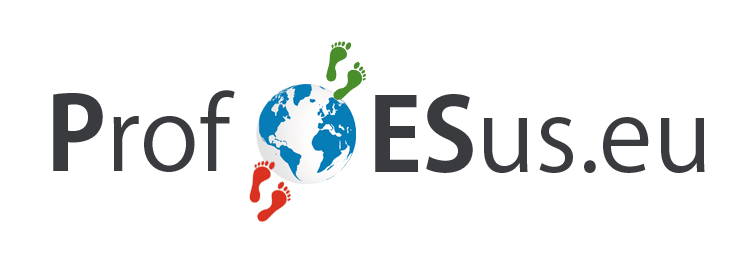
Free course: teaching a sustainable mindset
Teaching a sustainable mindset – for future-thinking professionals in guest-oriented businesses What? You explore the pedagogies that can help you build a sustainable mindset in your students. Help your students uncover sustainable work routines in their chosen career. The ProfEsus blended learning course held over 5 months with both face to face elements and online activity…
-
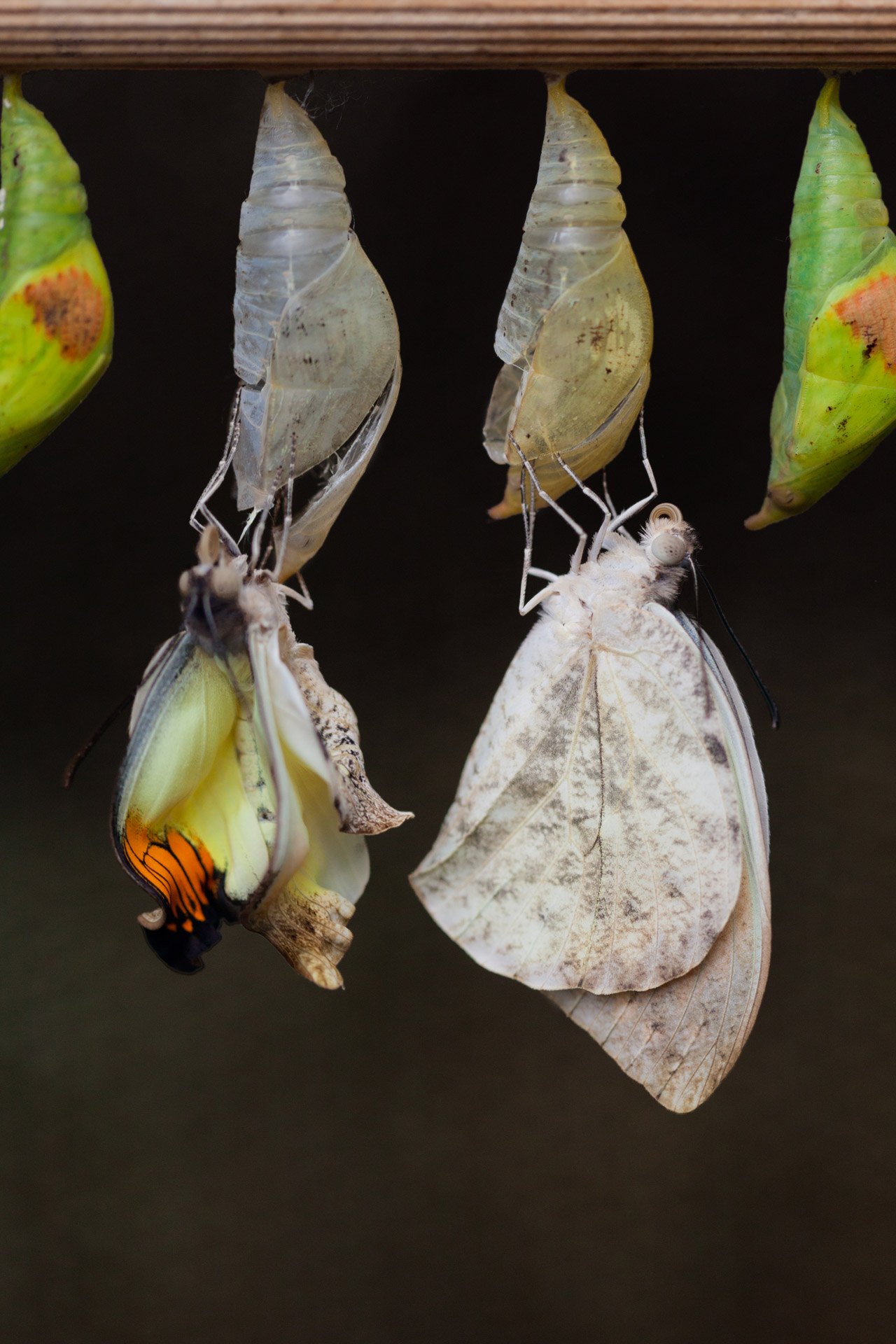
Transformation please
Education for sustainability works best when it is transformational. Why? Because sustainability implies long-term embedded changes in behaviour. The two cases I have recently presented show this very clearly. Restaurant Moment, the sustainable restaurant in rural Denmark, can only work as an example for sustainability when all the staff buy into that vision completely, led by…
-
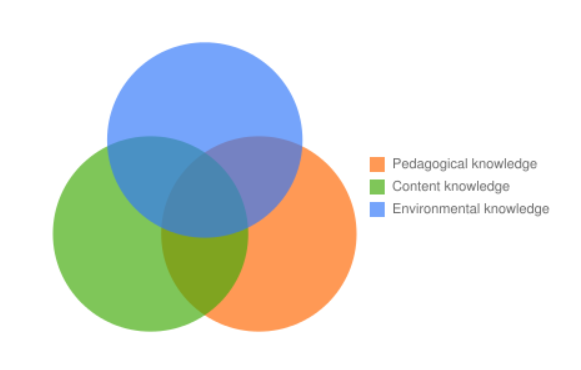
Is there a sustainabilityTPACK?
The TPACK model has proved useful in the past to show the interaction between pedagogy, content and digital technology tools. It can be used constructively as a framework for planning and it can also help to rebut accusations that technology is driving advice about teaching. In the context of helping vocational teachers and trainers to…
-

Learning sustainably
To achieve a sustainable perspective you have to look far beyond individual lesson plans. This is the conclusion I have come to while looking for examples of best practice for the Prof E Sus project where we are developing a teacher training course to help hospitality trainers imbue their teaching with a sustainable perspective. DNS…
-
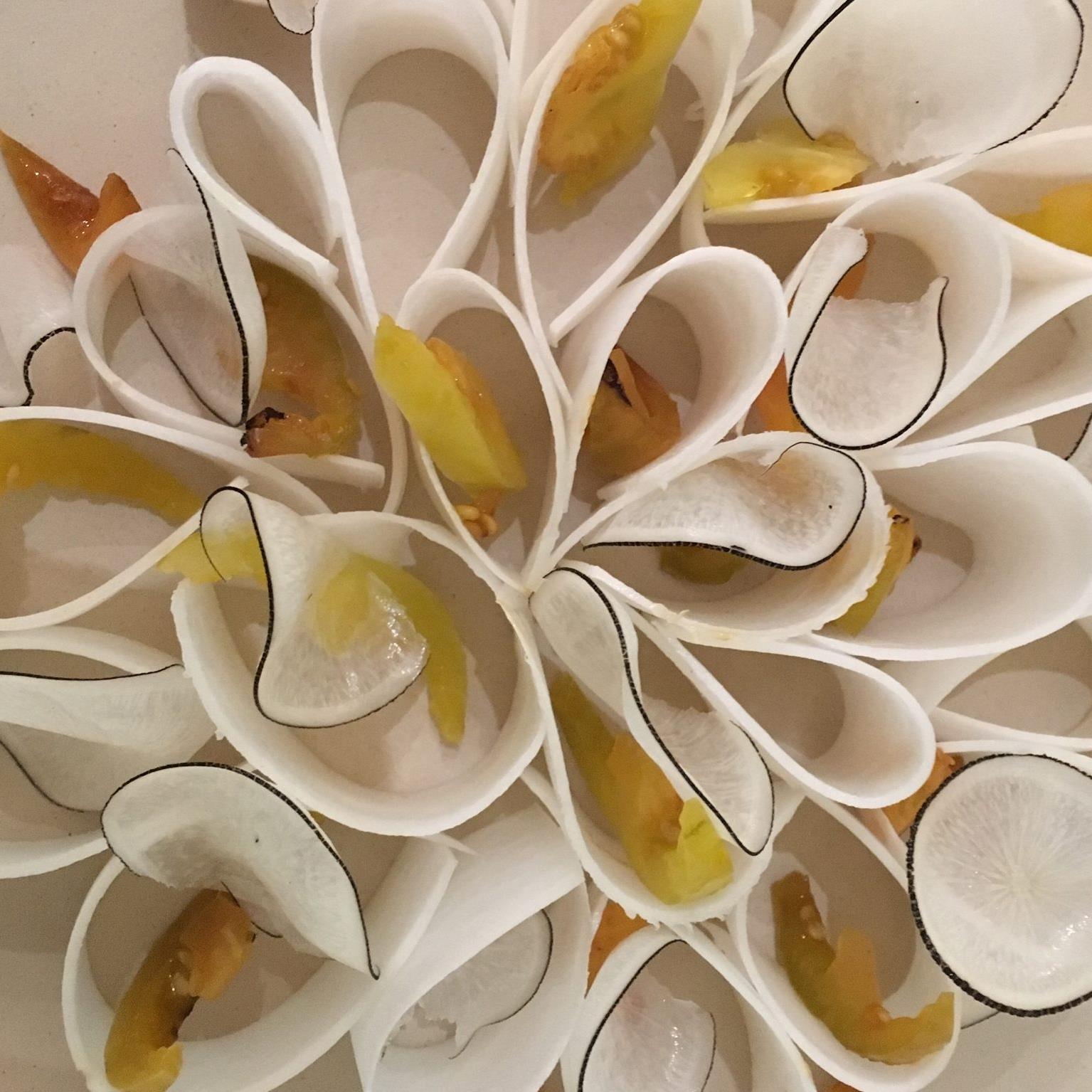
Restaurant Moment: a case study in sustainability
In the last post I illustrated an example of a case study focusing on one specific topic, the running of Restaurant Moment, a unique gastronomical experiment in Denmark. In fact that segment was part of a much longer interview which I present in its entirety here.
